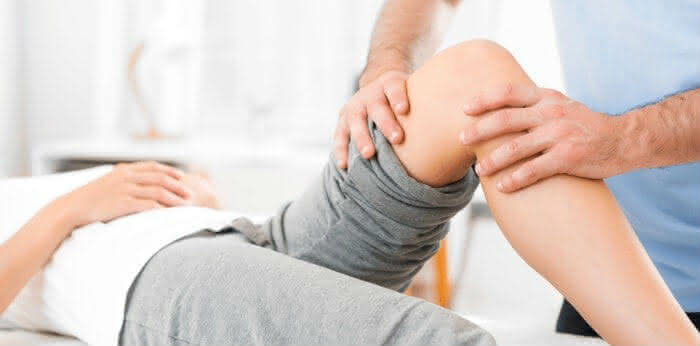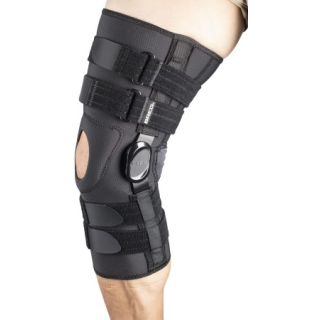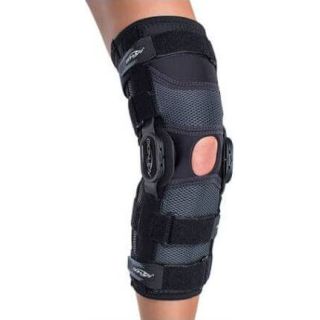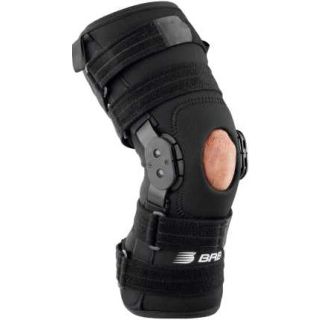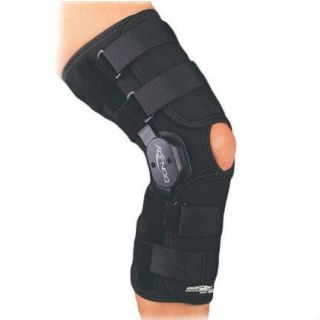Torn MCL - Symptoms, Causes, Treatment for Medial Collateral Ligament Injuries
March 11, 2019MEDIAL COLLATERAL LIGAMENT (MCL) INJURIES
The Medial Collateral Ligament (MCL)is a broad fan-shaped ligament that runs on the inner side of the knee. It links your thigh bone (femur) and shin bone (tibia). The MCL works in conjunction with three other main ligaments to help provide knee stability with walking, running activities, and sports. An MCL injury refers to a sprain or tear of the MCL which can result in pain, swelling, and instability when injured along with the ACL, LCL, or PCL ligaments.
The MCL is very important to overall knee function and is commonly injured. According to he American Academy of Physical Medicine and Rehabilitation:
- The MCL is injured in at least 42% of all knee ligament injuries.
- MCL sprain is the most common knee injury in high school athletes.
- MCL injuries account for 60% of skiing-related injuries.
- MCL injuries commonly occur in Football, soccer, hockey, and rugby.
WHAT CAUSES MCL INJURIES
MCL injuries can either stretch or tear the medial collateral ligament. This is usually seen in contact sports where a direct blow to the outside lateral side of the knee causes a sprain or torn MCL. People that play contact sports like football and rugby, or other sports where players impact other athletes with tremendous force, can injure their MCL this way.
You can also stretch or tear your MCL by catching your foot in the ground and twisting to the side, away from the planted leg.
SYMPTOMS OF A TORN MCL
If you sprain your MCL or LCL, you’ll commonly experience symptoms like:
- Knee pain and swelling.
- Tenderness directly over the injured ligament.
- Weakness or instability at your knee joint.
In more severe injuries patients can often experience instability or buckling of the knee with simple walking activities.
HOW TO TREAT A TORN MCL
Check with your doctor to confirm a diagnosis if you suspect that you have torn your MCL. Immediate use of RICE (Rest, Ice, Compression, Elevation) can help reduce pain and inflammation caused by this type of knee injury. Consult with your physician to see if Ibuprofen or NSAIDs are recommended to help control the inflammatory process.
TREATMENT: Wearing an MCL knee brace is often recommended by physicians to help provide stability, during the healing process.
Fortunately, MCL injuries heal on their own and the vast majority do not require surgery. If you have suffered a serious type of knee injury then have it checked out by an expert physician. Even if surgery is not required many times physical therapy will be offered to patients to help strengthen the muscles around the knee joint to regain stability, and to help ensure full flexibility of the knee joint has been recovered.
Sources:
- American Academy of Physical Medicine and Rehabilitation
- Najibi S. The use of knee braces, Part 1: prophylactic knee braces in contact sports. American Journal of Sports Medicine. 2005; 33(4): 602-611. doi:10.1177/0363546505275128.
- Bollen S. Epidemiology of knee injuries: diagnosis and triage. Br J Sports Med. 2000;34(3):227-228. doi:10.1136/bjsm.34.3.227-a.
